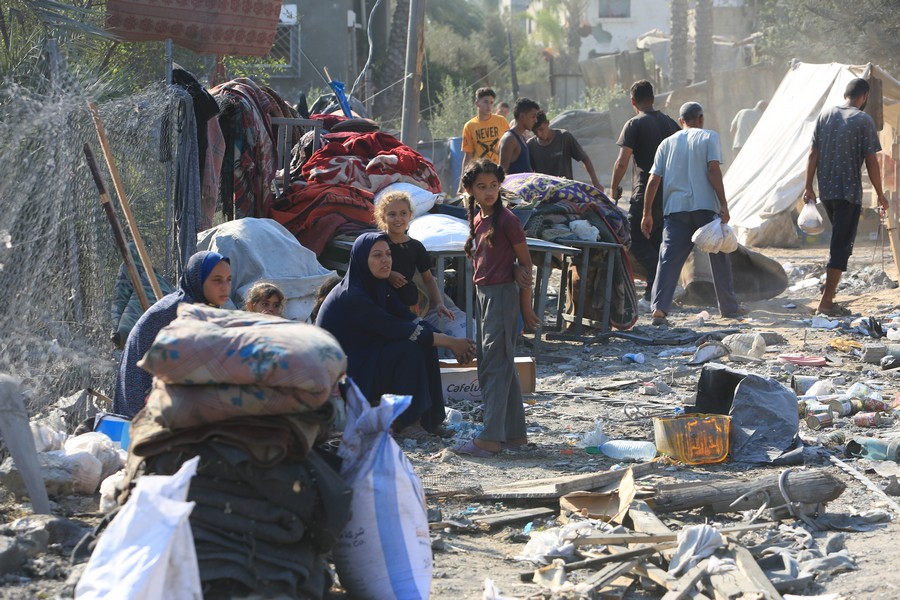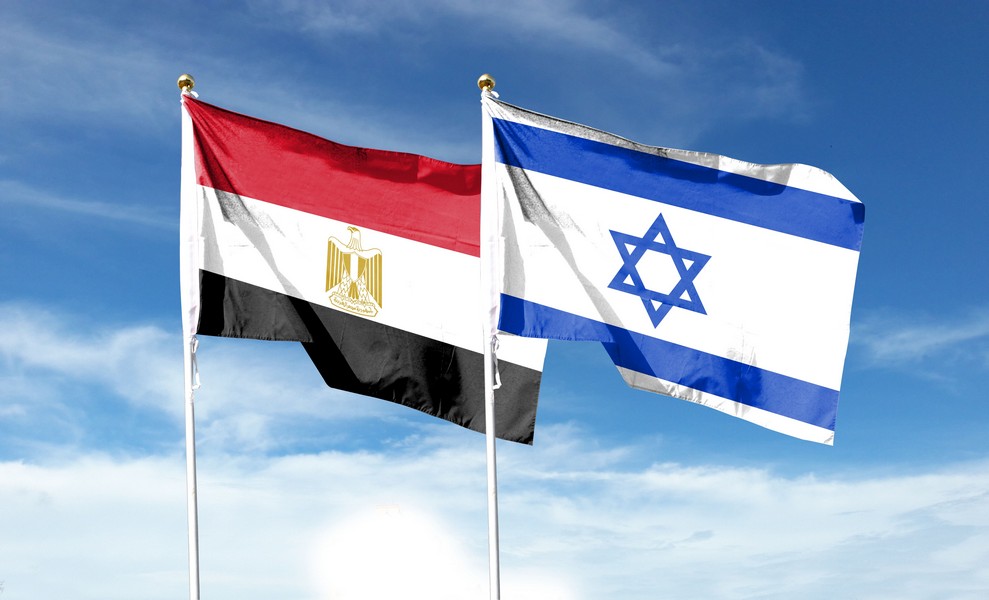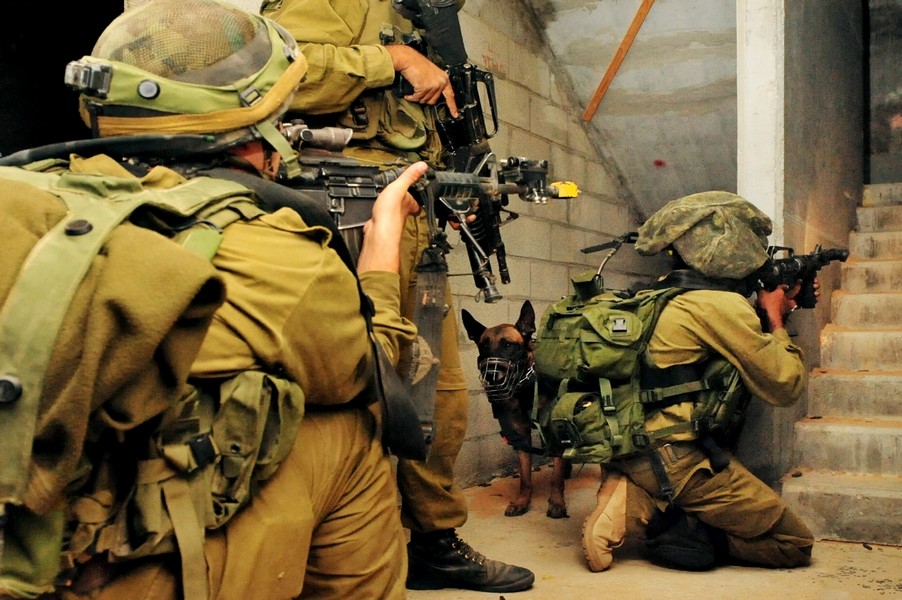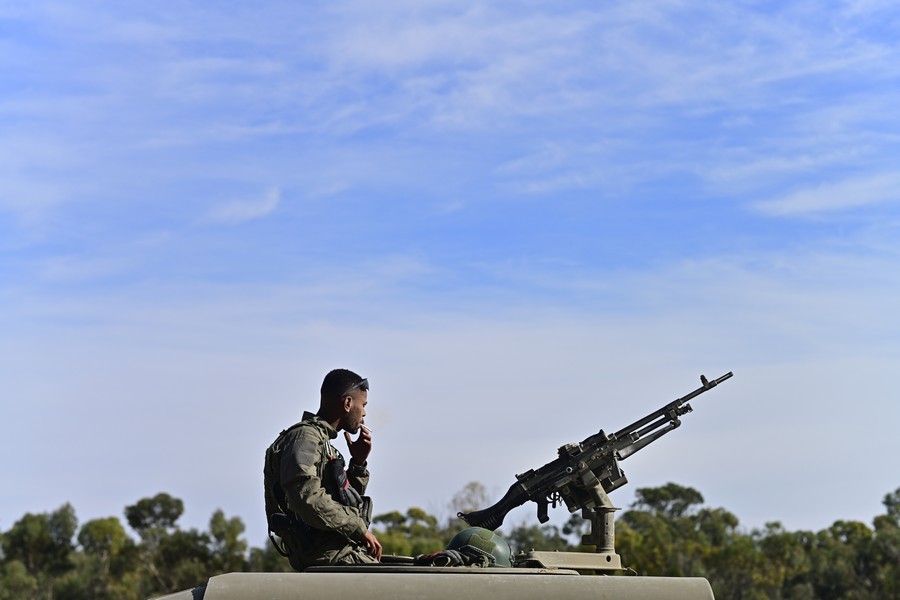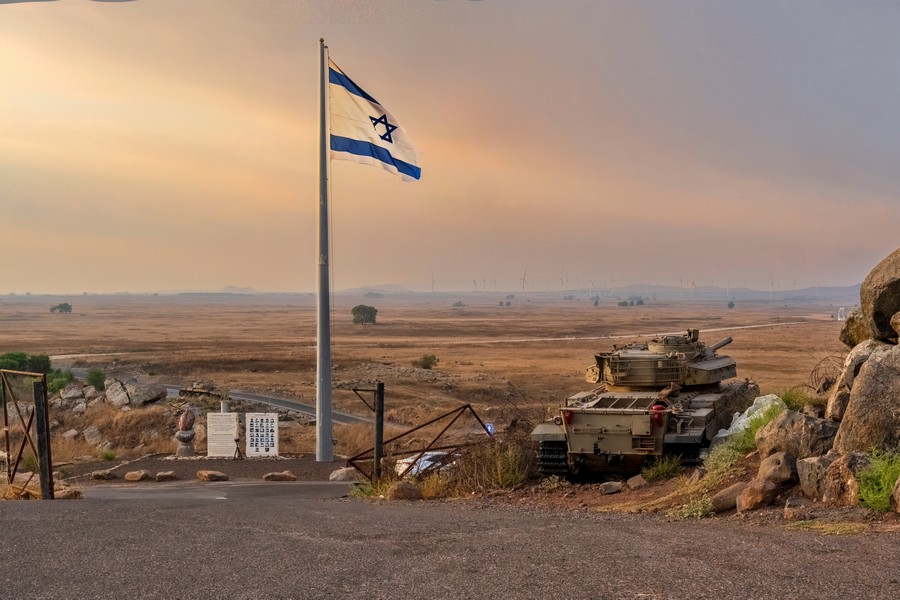Why Israel Stands by Syria’s Druze
Ruth Wasserman Lande: We have a very amazing minority in Israel, a Druze minority, largely in the north of the country. All of them are very loyal citizens and civilians of Israel, most of whom serve in the IDF, and some of them have even fallen in the war since October 7. This is like a brotherhood between Jewish Israeli civilians and Druze Israeli civilians. Many of the people in Suweida are in fact family members of those Druze in the north of Israel.
So it is expected by our own civilians, our own citizens, that the Israeli IDF would protect their family members from literally slaughter—and what we experienced on October 7th, which is similar to what happened actually in Suweida.
The interview took place in Al Arabiya on July 18, 2025.
